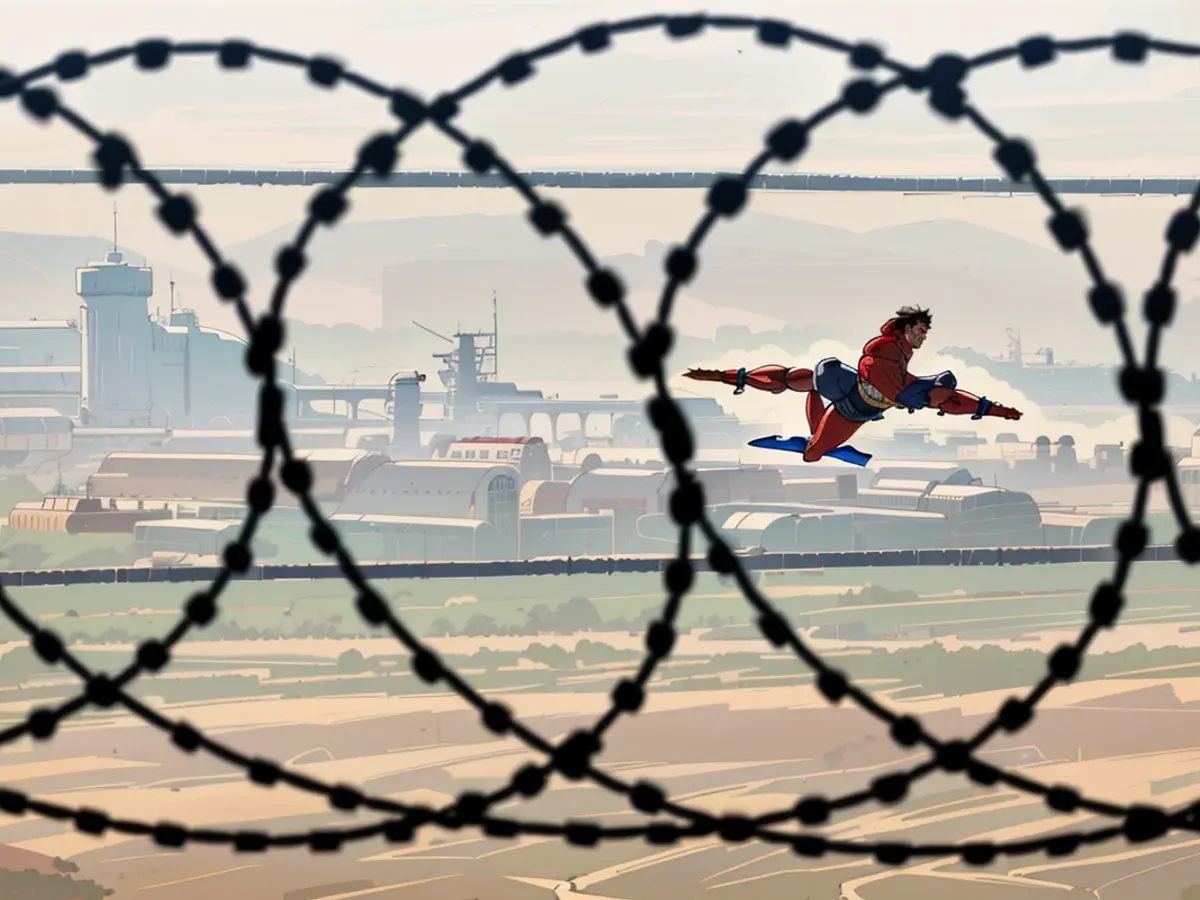In the Rhineland-Palatinate area, numerous relocation attempts or alleged migrations to other EU nations have encountered hurdles for a variety of reasons. The Integration Ministry in Mainz reported 381 instances of unsuccessful relocations during the first half of 2024. In 270 cases, the individuals couldn't be found, resistance prevented the move in 17 instances, and 94 people were hindered for other reasons.
This number pales in comparison to the 671 individuals who departed (2023: 1,178) between January and June this year. Among these, 395 relocations or migrations occurred, along with 276 voluntary departures.
The topic of unsuccessful relocations has sparked heated debate, following a tragic stabbing incident in Solingen. Last Friday, a city festival in North Rhine-Westphalia saw three individuals stabbed to death with a knife. Eight people, including four seriously injured, were also affected.
The alleged perpetrator, a 26-year-old Syrian, entered Germany through Bulgaria at the end of 2022. According to EU asylum regulations, he should have been transferred to Bulgaria. However, this did not occur because he was absent on the scheduled day in June 2023.
The basis for EU transfers is the Dublin-III Regulation, which states that asylum seekers should be brought to the country they first entered in Europe.
The Ministry of Integration in Mainz acknowledges that Dublin transfers are not always feasible in every situation. Minister Katharina Binz (Greens) has called for an urgent reform of the system in SWR.
The debates surrounding unsuccessful relocations intensified after the tragic stabbing incident in Solingen. Despite being required to be transferred under EU asylum regulations due to entering Germany through Bulgaria, the alleged perpetrator, a 26-year-old Syrian, evaded deportation due to his absence on the scheduled day, leading to a failed Dublin transfer.
Additional Insights:
The challenges and reasons for failed EU relocations, particularly in the context of the Dublin-III Regulation in Germany, are multifaceted. Recent incidents and policy developments can shed light on these challenges:
- Temporary Protection Status: Under the EU Directive 2001/55/EC, refugees who have already received temporary protection in one EU country may need additional documentation to move to another country, such as Germany.
- Secondary Migration Control: Germany has tightened control over secondary migration within the EU, which can refute entry to Ukrainians who have already received temporary protection in other EU countries.
- Integration and Resource Constraints: Germany's resources are limited, and the Integration Ministry in Mainz is under pressure to manage the integration of massive refugee inflows while ensuring efficient resource utilization.
- Security Concerns: Attacks involving immigrants have raised security concerns, with some advocating for stricter border controls and increased deportations.
- Public Perception and Political Pressure: Public perception and political pressure can lead to more stringent measures to curb irregular migration, which can complicate relocation efforts.
- Economic and Social Pressures: Germany is currently grappling with rising living costs, bureaucratic hurdles, and social and political discontent, which can negatively impact relocation efforts.








